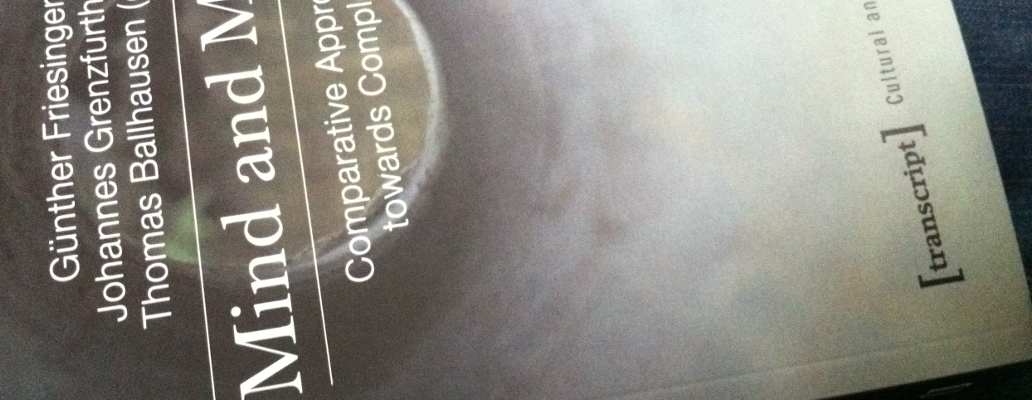“Word magic” provides insights into hystorical and current attempts to capture ephemeral Media Art via descriptive metadata and thus create a system of order. Methods and contraptions for the linguistic extraction of essential qualities are discussed; and prospective cures and damages of different terminology models examined (the “majikal rites” of experts culture vs the “digital punk approach” of open public tagging). What is lost and what is gained with different documenting strategies is core to this investigation.
In analyzing existing archives and their strategies, I contrast open and closed approaches to documenting Media Art and the effects on knowledge creation. Throughout my research, I identify the closure of archival database systems as a main problem. The question of opening up these processes to or closing them from the public is at core a political issue. It exceeds the limits of Media Art and sheds a light on the value of openness in society at large and on how accessibility of knowledge shaped and shapes specific societies. In addition to a critique of and an alternative to current approaches, I suggest models of openness, such as Wittgenstein's Sprachspiel (language-game) as more functionally fitting the task of describing evolving knowledge and culture.
published in "mind and matter. comparative approaches towards complexity", transcript verlag, 2011
link to the online version

